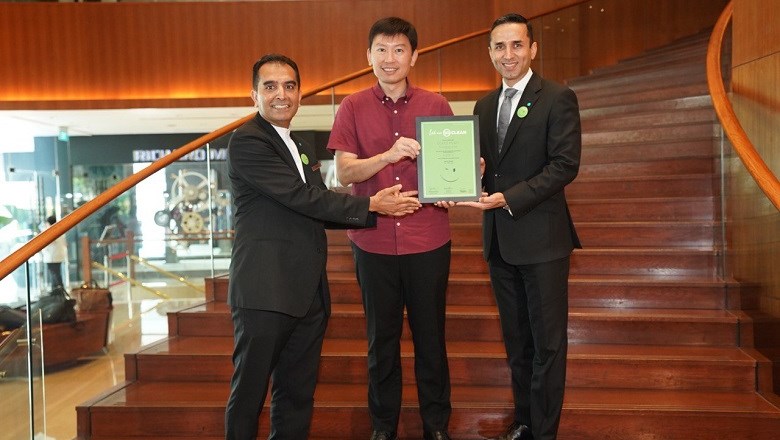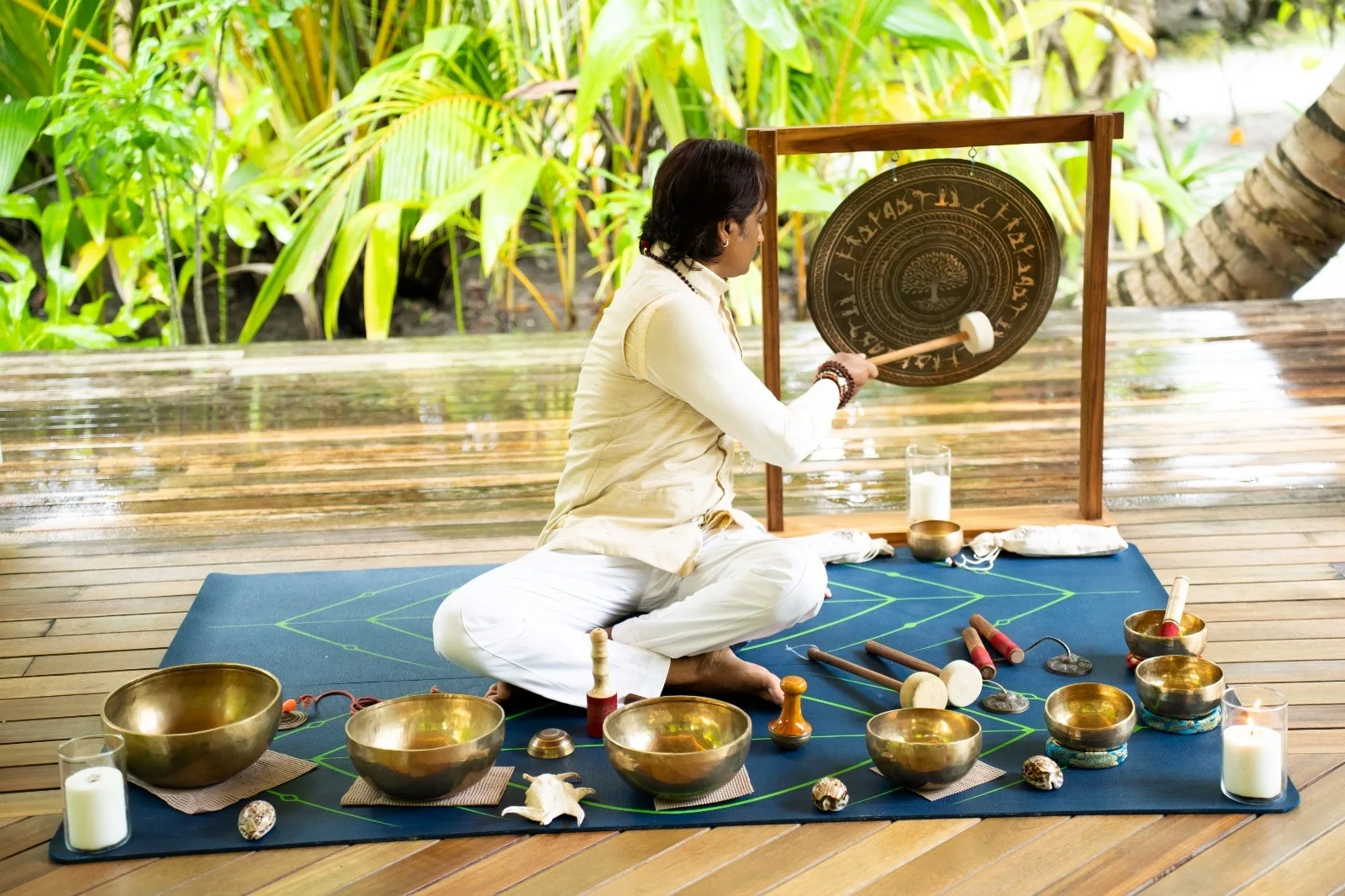Singapore has established the ‘ SG Clean’ designation, aimed at certifying hotels, attractions and retail business to create confidence and peace of mind for travelers when they visit.
For the hospitality industry the designation is based on a checklist of 07 requirements, including having a process in place to check temperature and recognize employees’ respiratory symptoms, increase the frequency of disinfection for common areas, and appoint an “SG Clean” manager. The Grand Hyatt Singapore was one of the first hotels to be certified under the program.
The SG Clean quality mark sends a strong signal to both locals and visitors that our tourism businesses take their cleanliness and hygiene very seriously and are committed to maintaining these high standards as a ‘new normal’ for the future. We hope that this gives locals and visitors peace of mind to go out and enjoy all that Singapore has to offer, and to show support to our tourism businesses and workers during this challenging time.”
Keith Tan, the tourism board’s chief executive
When the travel industry opens up to the new normal after the pandemic, a keen eye on hygiene and cleanliness shall be looked at. International hotels chains such as Marriott International is taking all needed precautions in terms of keeping the hotels and resorts clean.
“SG Clean” is also part of a wider initiative to promote public hygiene practices throughout the country. Singapore has seen an increased number of cases with this month. Singapore’s tally of COVID-19 cases now stands at 35,292 and 22,466 recovered cases.







